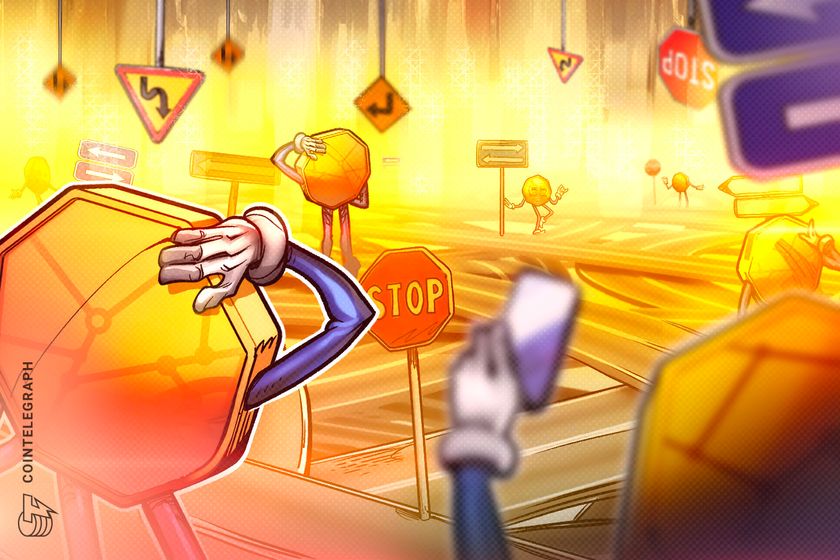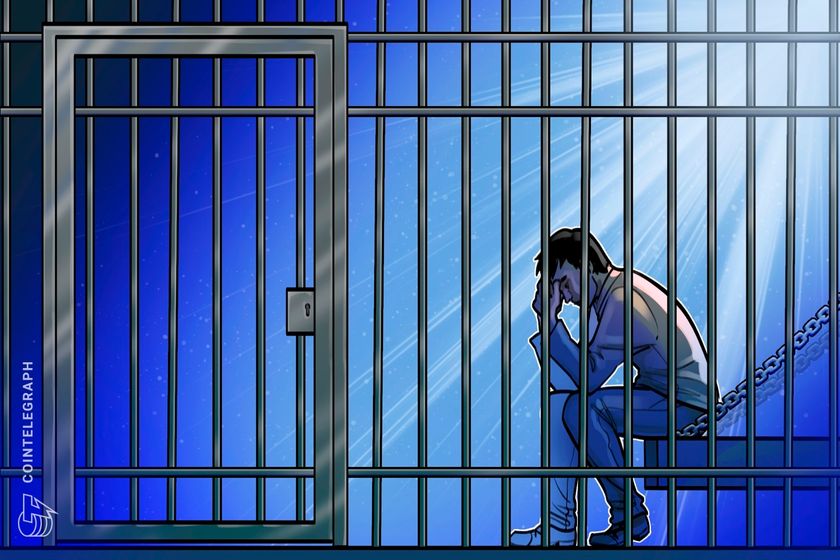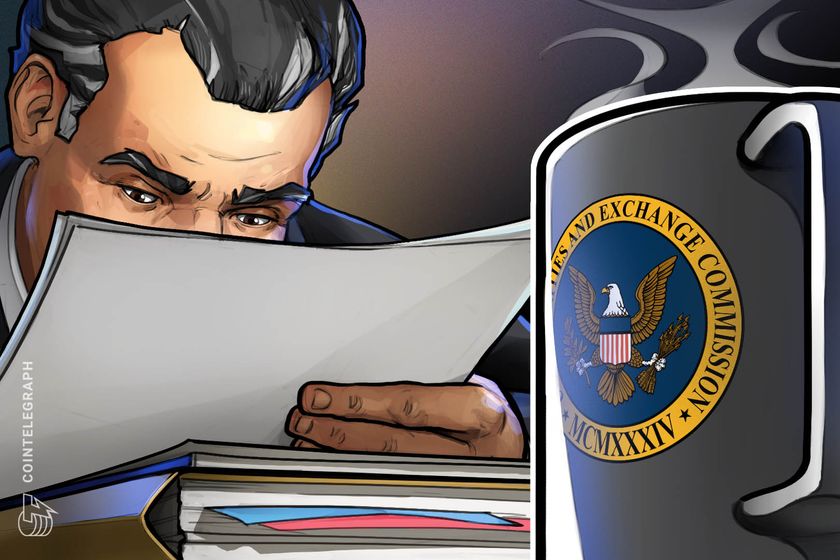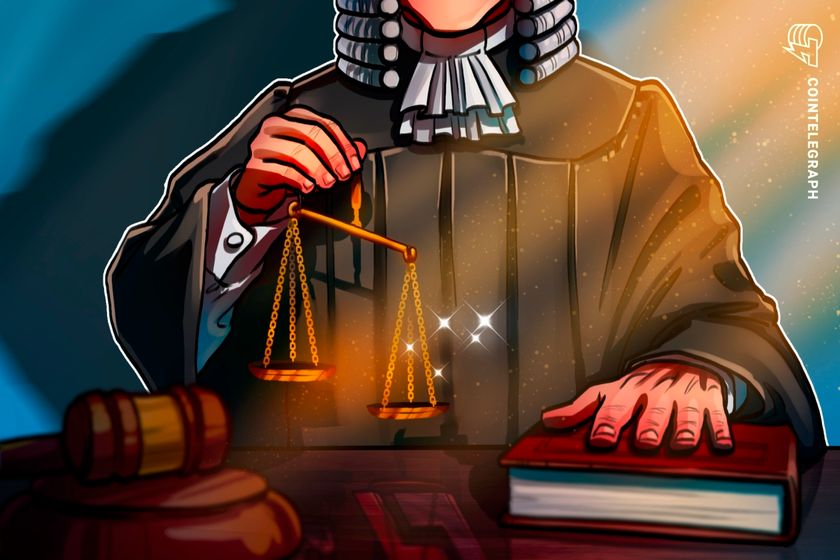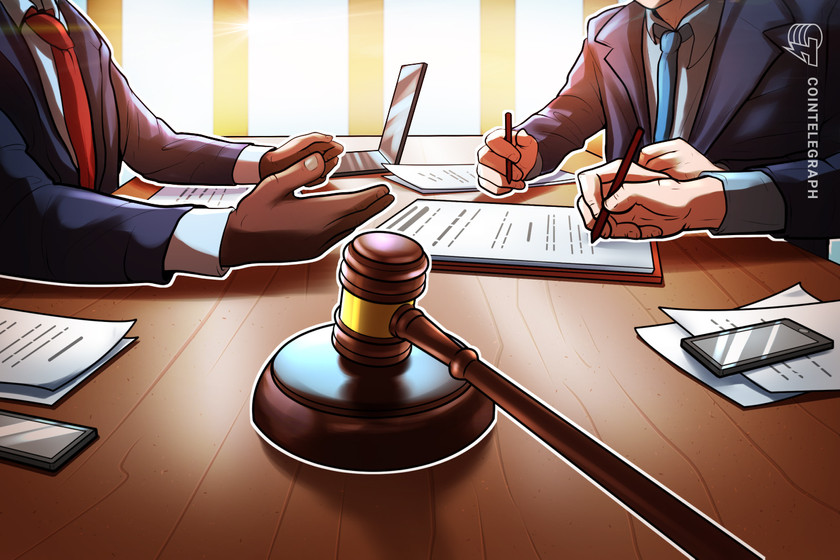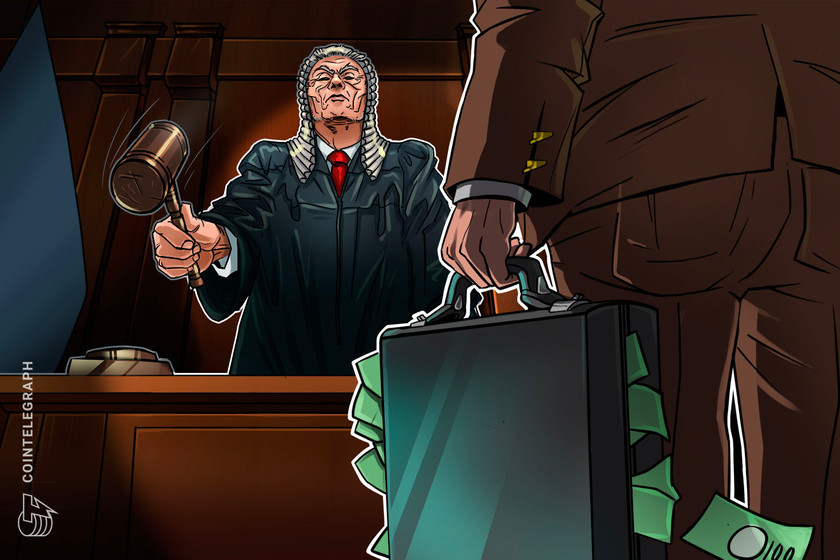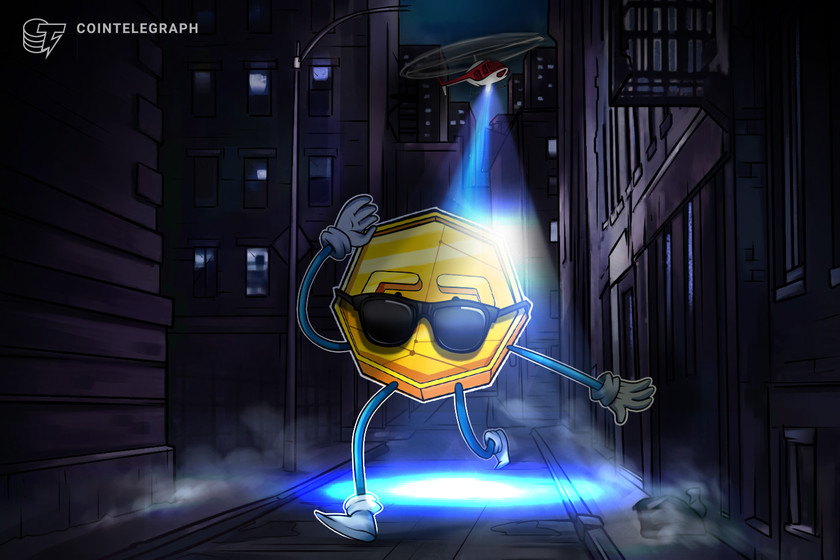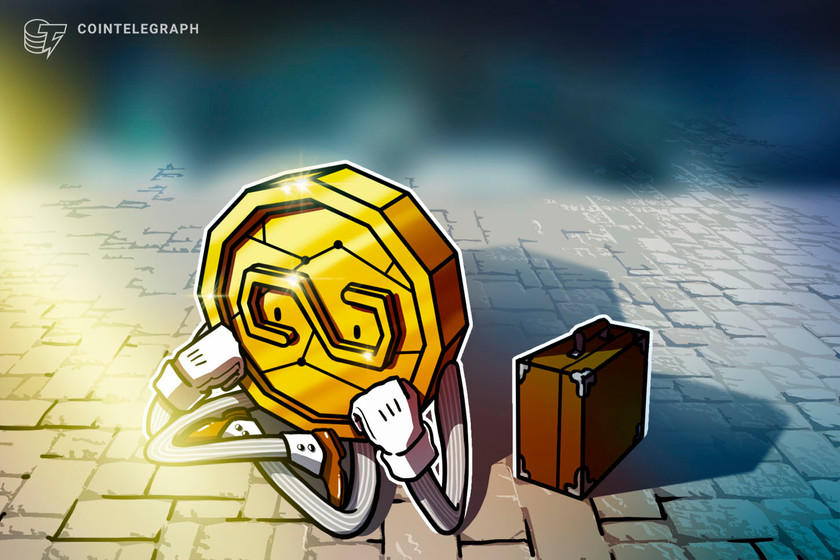CZ must stay, Do Kwon to be extradited: Law Decoded


A Seattle district court ruled out CZ’s departure to the UAE, and the Montenegrin justice minister plans to grant the United States request for Do Kwon’s extradition.
Binance founder Changpeng “CZ” Zhao has been ordered to stay in the United States until his sentencing in February 2024, with a federal judge determining there’s too much of a flight risk if the former exchange CEO is allowed to return to the United Arab Emirates. Seattle district court Judge Richard Jones wrote in his order:
“The defendant has enormous wealth and property abroad, and no ties to the United States […] His family resides in the UAE and it appears that he has favored status in the UAE. Under these circumstances, the Court finds that the defendant has not established by clear and convincing evidence that he is not likely to flee if he returns to the UAE.”
Jones accepted Zhao’s guilty plea to one count of Bank Secrecy Act violations, which the Binance founder submitted over two weeks ago on Nov. 21 alongside a $4.3 billion settlement with U.S. agencies. Now, the ex-CEO of Binance faces up to 18 months in prison.

